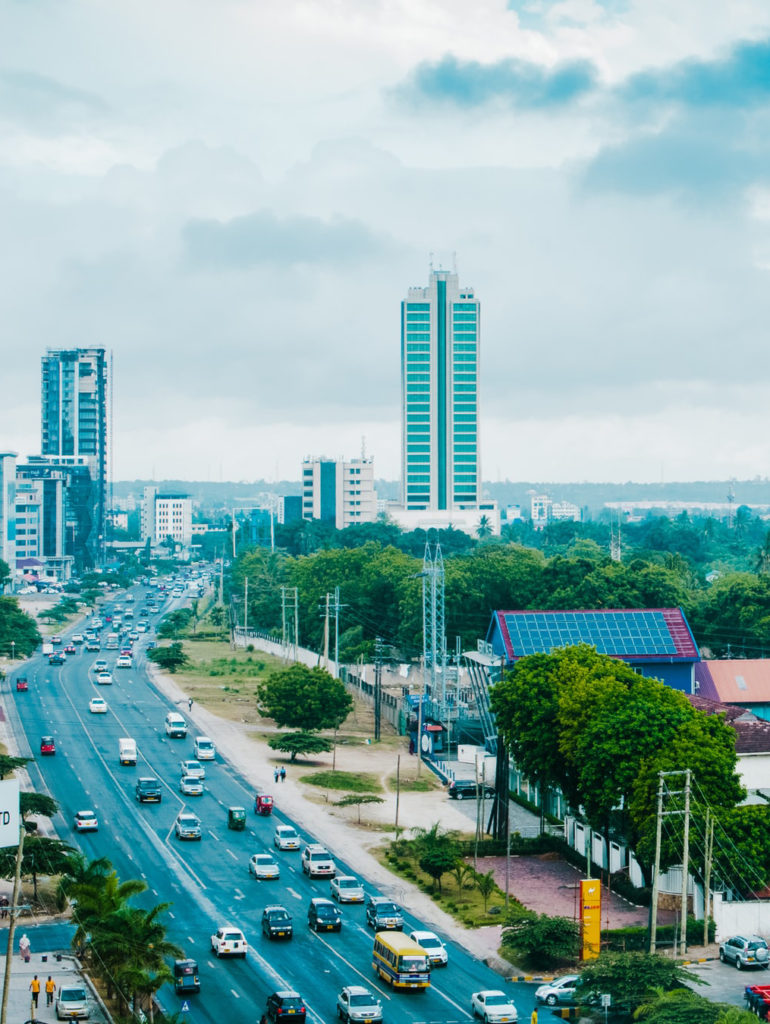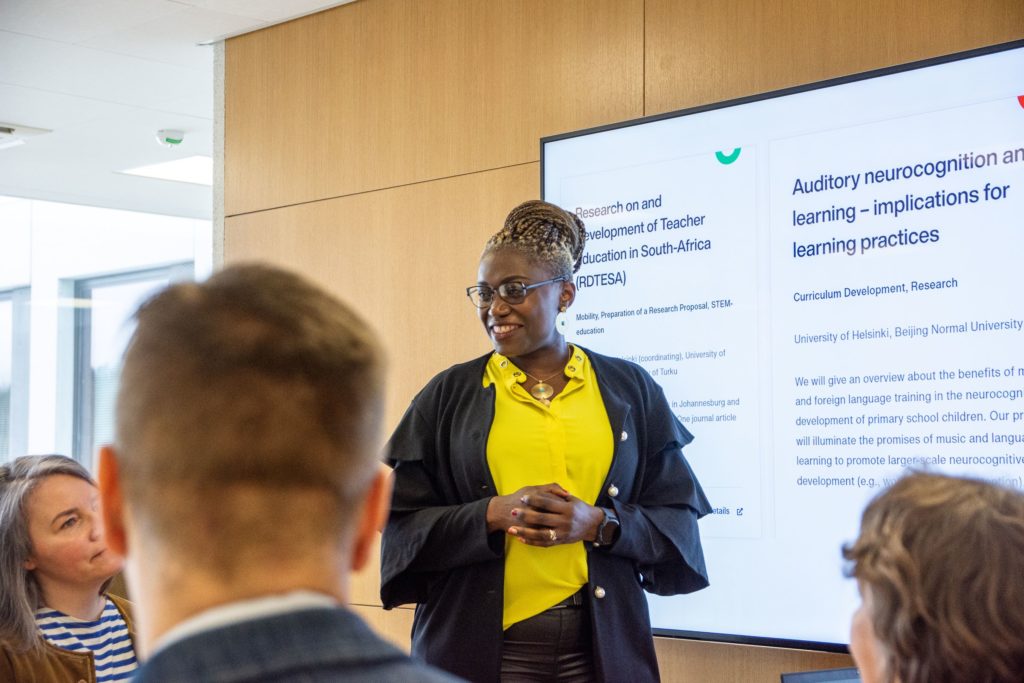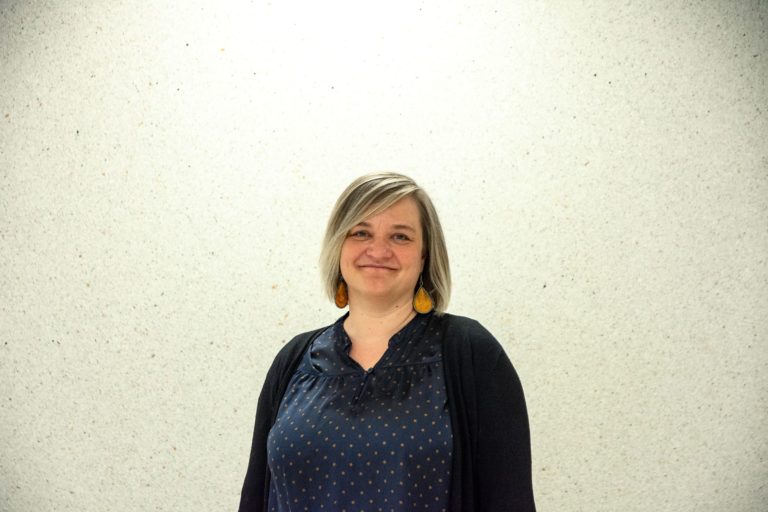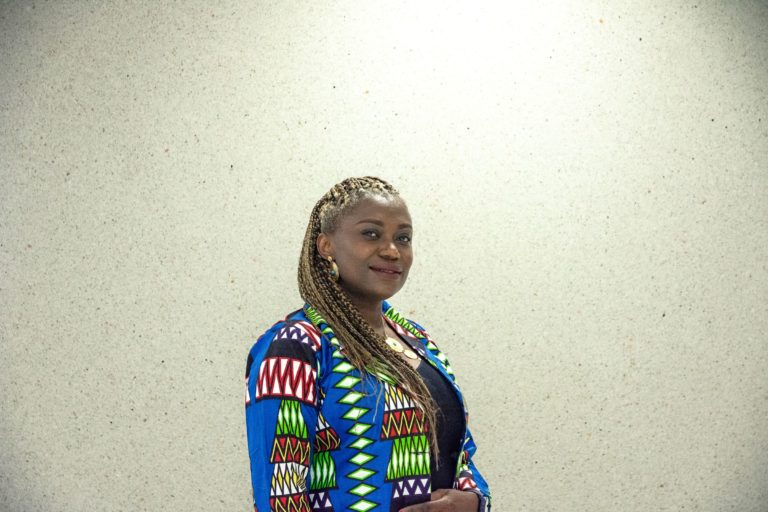Topics covered in this article:
- Why Africa?
- Africa collaborations at the University of Helsinki, Faculty of Educational Sciences
- How can students engage with Africa?
- Moving forward with partnerships
- Recording of the event

Why Africa?
Formerly called ‘African Freedom Day’ and then ‘African Liberation Day’, Africa Day commemorates the founding of the African Union on 25 May 1963. Since then, Africa day is celebrated annually on 25 May. According to the African Union, the day aims to acknowledge Africa’s “successes and to encourage the progress that Africa has made under a specific theme while reflecting upon the common challenges that the continent faces in a global environment”. This year, Africa day is celebrated under the theme “nutrition”.
The national Africa Strategy by the Government of Finland has encouraged the University of Helsinki (UH) to develop its first Africa Programme to lead the way towards enhanced collaboration in different fields. The strategic partnership agreement between the University of Nairobi and the University of Helsinki is an important commitment to collaboration. Africa collaborations at UH can be considered rhizomatic; as partly invisible webs of connections and collaborations in research, teaching, and societal impact. The multidisciplinary Africa Research Forum for Social Sciences and Humanities (Afristadi) research forum at the Helsinki Institute for Social Sciences and Humanities (HSSH) and the GINTL Africa network are examples of making the rhizomatic connections stronger and more visible in the university community.
Africa collaborations at the Faculty of Educational Sciences (UH)
At the University of Helsinki, Faculty of Educational Sciences, the Africa Day was an opportunity to showcase and reflect on diverse past and ongoing Africa collaborations in terms of research projects, mobility, strategic partnerships, teaching programmes and developmental projects while acknowledging the scholars working on these projects on Africa. The event was organised by GINTL Africa with support from Afristadi.

As an example of current research collaboration, Professor Pirjo Aunio shared her experiences of a joint research on mathematics education with the University of Johannesburg. A collaboration that started by a knock on her office door has grown to a set of activities funded by University of Johannesburg and, more recently, also by GINTL.
Postdoctoral researcher Elizabeth Eta from the GINTL coordination team presented completed doctoral dissertations focusing on education development in Africa. The 10 dissertations completed between 2004–2017 have provided contributions to key challenges in education development at different levels of education in several African countries. The data presented raises questions on how the research contexts are selected and how the research makes impact in the respective contexts and beyond. More needs to be done to collaborate with universities in African countries in doctoral education; including supervision, co-authoring and evaluation of the theses.
How can students engage with Africa?
In the field of educational sciences, there is an international demand for expertise on Finnish education and international education cooperation. Students are encouraged to think of international careers related to education development. The current mobility agreements enable exchange opportunities to Zambia, Namibia, and South Africa. Sadly, these opportunities remain under-utilised. For those interested in Africa and international cooperation, the university provides relevant courses in, for example, global development studies and African studies. The courses, which are provided by various universities through the Finnish University Partnership for International Development (UniPID) can be included in all degrees as optional studies.

Moving forward with partnerships
In showcasing and reflecting on the diverse forms of Africa collaborations at the University of Helsinki at the Africa Day celebration through the different presentations, interviews and language testers (led by Afristadi, participants had the opportunity to learn and use basic words in Swahili and Somali), there is no doubt that Africa related research and activities are embedded within the faculty’s core activities. However, the presentations also raised some questions:
Institutionalisation of partnerships
The presentations by the speakers highlighted the diverse collaboration schemes taking place between the University of Helsinki and its partners at universities in Africa. From the presentations, we cannot help but notice a high tendency towards partnership between the University of Helsinki and other universities in Europe when it comes to doctoral supervision, pre-evaluation of dissertations, and co-authorship of articles included in the doctoral dissertations focusing on education development in Africa. The question, therefore, we need to ponder on is what is the role of academics from institutions in Africa in these processes? How can academics (supervisors, reviewers, and opponents) from institutions in countries in Africa, where the doctoral studies are conducted, be included in these processes? How can their input and contributions be recognised beyond the acknowledgement sections of the dissertations?
Also noticeable from Elizabeth Eta’s presentation on completed doctoral dissertations with a focus on collaboration between the University of Helsinki and other universities in Finland, Europe, and in Africa is the reliance on collaboration with specific universities. This reliance suggests that such collaborations may be based on individual connections and heavily influenced by development policy priorities. Another point of reflection especially in the context of forging sustainable partnerships is, how to move away from individual connections towards a more institutionalised partnership framework – institution- and not person-based. What strategies can be put in place at the level of the university to not only foster but to also enforce the institutionalisation of such partnerships?
Enhancing inbound mobility at all levels and work with alumnae
At the University of Helsinki, there is certainly an interest in both inbound mobility to Finland as well as outbound mobility to Africa. At the event, two students, Elias Mbanze and Alexandra Biris, from the master’s programme in Changing Education at the Faculty of Educational Sciences at the University of Helsinki, shared their student mobility experiences to South Africa and Finland. When it comes to inbound mobility related to research, attention seems to be focused on attracting post-docs who reside in Africa to the University of Helsinki. However, not much attention is paid to integrating alumnae – post-docs who completed their doctoral studies in Finnish universities and who still reside in Finland and are willing and available and looking for entry points to continue their research.
As we thrive to build new partnerships and support academic (inbound) mobility of post-docs from Africa, let’s consider enhancing such mobility and career progression of international (Africa) alumnae who reside in Finland and are looking for ways to continue their research related to education development in Africa. From the follow-up discussions with the audience after the presentations, there is certainly an interest in knowing what happened to the researchers after the completion of their doctoral studies and what contributions they are making in Finland and the research contexts of their dissertations.
Recording of the event
Authors















